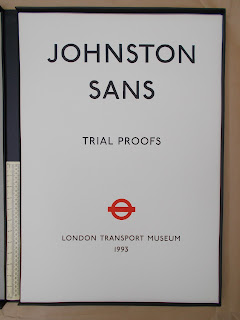DANEL (L.) [Printers]. VOX (Maximilien) [Intro. & designer] Livret typographique. Établissements typographiques et lithographiques L. Danel. Lille, 1935. 4to. 30 cm. Pp. [iii], xvi, 183, [4], excluding section dividers. Some interior photos of the works. Orig. decorative boards, printed cover label, corners slightly worn, orig. glassine wrapper intact. Inscribed on half-title and rear inside endpaper. Striking title-page and some attractive deco touches in the geometric borders and tartan-like cover design. Very good. £175
Though Maximilien Vox (1894-1974, real name Samuel William Théodore
Monod) is perhaps best known for devising, 1952-54, the Vox system of type
classification - adopted, with some development, by ATypI in 1962, and in 1967 becoming
the British Standard - his interests ranged widely, in the fields of
literature, art history and publishing, and he had begun his career as a
cartoonist, illustrator and journalist before taking up typography and graphic
design in the 1920s. From 1928 he edited with A. M. Cassandre the Divertissements
typographiques published by Deberny & Peignot. Something of an
anglophile (he was partly of British descent), he illustrated a notable edition
of Jane Austen, published by Dent, 1933-34.
The type specimen he designed in 1935 for the venerable French
printing firm of L. Danel (f. 1698) ends with a four-page outline of the ‘art de
reconnaitre un caractère’ according to the (serif-based) ‘principe de
Thibaudeau’. The types preceding are arranged by Vox as follows: ‘caractères
anciens’ (Venetians and Old Face), ‘modernes’ (mostly recent typefaces of a
broadly transitional character), ‘classiques’ (Didones), ‘antiques’
(sans-serifs) and ‘divers’ (pretty much everything else, including slab-serifs,
scripts, blackletter, non-Latins, etc.).
As he says in his introduction, ‘Je ne sais pas d’occupation
plus charmante’ than leafing through a type specimen book. Who could possibly
disagree with that?










